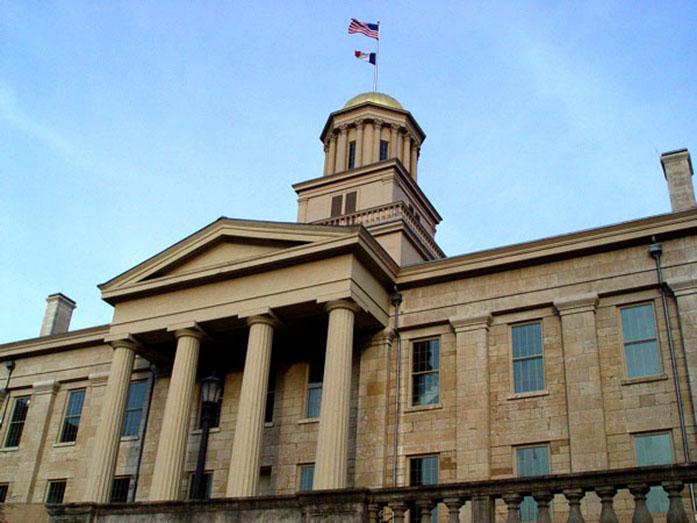A tuition hike is slated to affect University of Iowa students in the upcoming academic year. This comes after the state Board of Regents requested more than $8 million in additional funding from the Legislature and only received $6 million.
What does this mean for students? The obvious: A large number of UI students will inevitably have to take on heftier student loans. This will increase the already heavy median debt load for them, which currently sits just shy of $30,000 for most graduating seniors. This puts Iowa just above the national average of college-student debt at $28,950, according to the Institute for College Access and Success.
In an interview with The Daily Iowan, UI President Bruce Harreld said about an impending tuition hike: “It’s already planned, it’s already in the system. A small increase. I’m actually speculating and will be arguing for a more dramatic increase going forward. I mean, we’re at the bottom of our peer group. We can raise our tuition well more than $1,000 and still be in the bottom of the Big Ten in terms of in-state tuition.”
Harreld’s logic is there, in some aspect. The UI maintains an in-state tuition that is the ninth cheapest of the Big Ten universities. But should the ramifications of the fiscal scarcity plaguing the university be burdened by students, who are already stretched thin, knee-deep in loan debt? The Daily Iowan Editorial Board thinks not.
Financial scarcity at the university remains a problem and a problem that must be dealt with. But tensions are high between the administration and just about everyone else.
On Monday, the Editorial Board criticized the perhaps shady contracting by the regents that may have led to the resignation of Regent Mary Andringa in April. It involved a multimillion-dollar furniture contract that bypassed a law requiring the university to seek bids for contracts for more than $25,000. Instead, the massive deal went unopposed to a furniture manufacturer for which she also serves on the board.
This comes on the heels of the UI deciding not to partake in the Johnson County minimum-wage increase, which positions 2,700 student workers’ paychecks below the local minimum wage. At a Just Living Theme Semester Planning Committee on Monday, Supervisor Rod Sullivan walked out after Harreld dodged a question on the matter.
These open-planning forums were also scheduled amid the pressure and chaos of the ending semester, which has students and faculty questioning how much Harreld actually values the input of the university community he is supposed to lead. Yet he remains steadfast in his claim to commit to his position and its academic implications.
Students should not be forced into more debt as the consequence of state frugality and administrative fiscal mismanagement. If Harreld wants to posture himself as a member of the academic community and continue the façade of working in the best interest of faculty and students, and not in the interest of financial gain, then administrative salaries should be cut in conjunction with the tuition hike. You cannot tighten the belts of those you lead while you feast alone.



